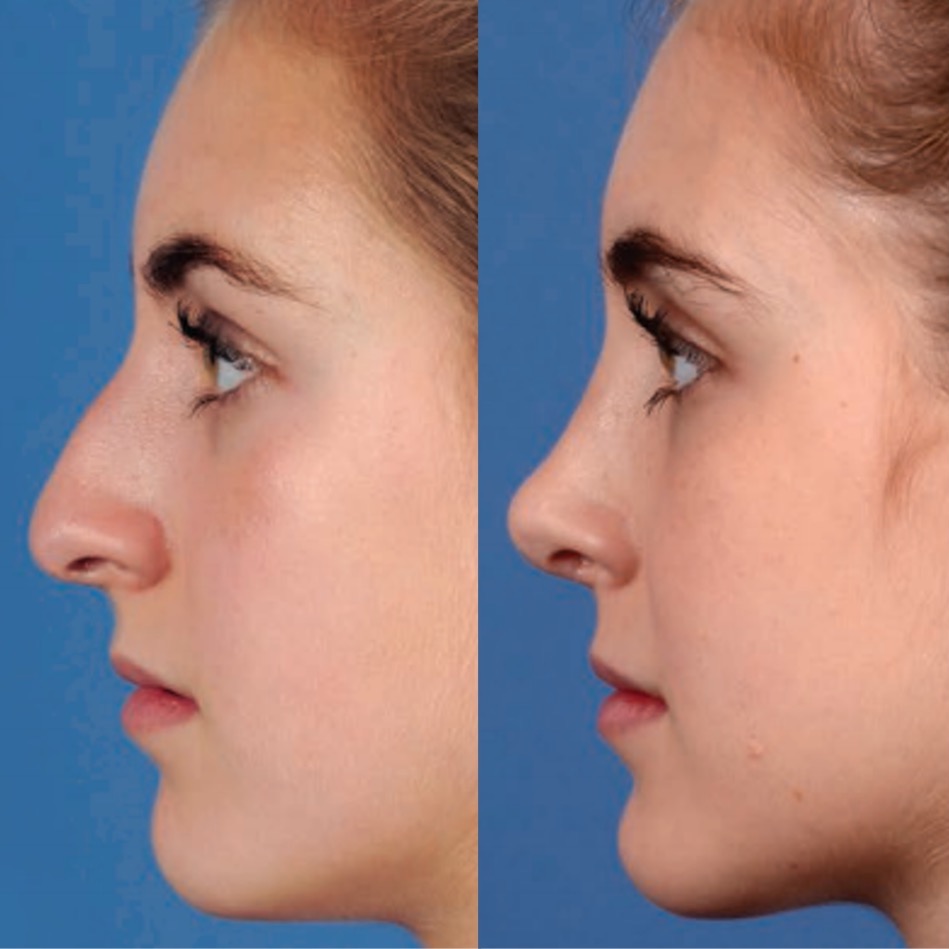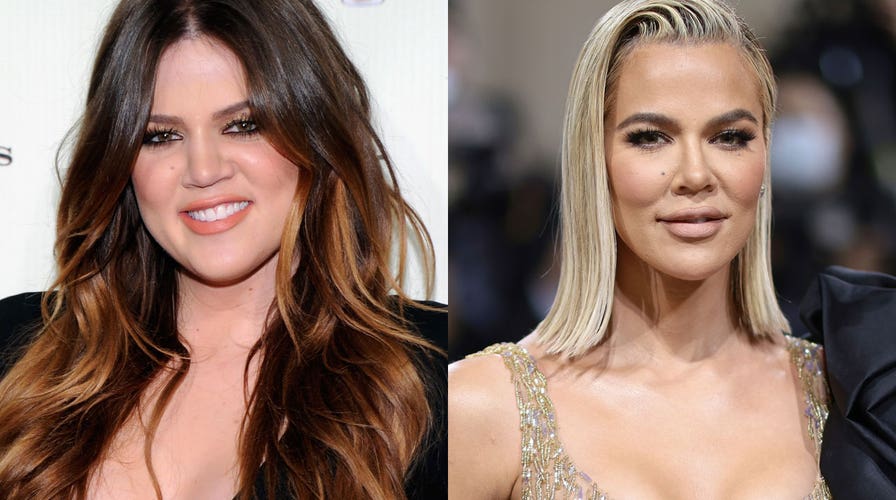Plastic Surgery Inland Empire: Achieve Your Dream Look with Professional Treatment
Investigating the Psychological and Social Factors That Drive People to Think About Cosmetic Surgical Treatment as a way of Renovation
The choice to seek cosmetic surgery often prolongs past plain looks, intertwining with psychological and social dynamics that merit detailed evaluation. Aspects such as self-esteem, prevalent societal beauty criteria, and the prevalent impact of social media assemble to form specific inspirations for surgical enhancement. As these impacts become increasingly prominent, understanding the underlying social and emotional contexts is important. What stays to be explored is the extensive impact these elements have not just on individual identification but additionally on more comprehensive societal standards and values surrounding beauty and acceptance.
The Role of Self-Esteem
Self-esteem dramatically affects a person's choice to seek cosmetic surgical treatment. People with low self-worth typically view themselves in a negative light, bring about sensations of inadequacy regarding their physical appearance. This adverse self-perception can drive them to seek surgical interventions as an approach of boosting their self-image. The desire for improvement in one's appearance is often connected to an idea that such changes will certainly raise their overall self-worth and self-confidence.

Inevitably, the duty of self-confidence in the decision-making process concerning plastic surgery highlights the complicated interplay between body photo, individual complete satisfaction, and mental health. Comprehending this relationship is critical for healthcare professionals to ensure that people are making informed choices rooted in practical assumptions and psychological wellness.
Societal Charm Requirements
Influenced by prevalent media representations and cultural narratives, social elegance standards play an essential role fit individuals' understandings of their own bodies. These requirements are usually characterized by an idealized form of beauty that emphasizes qualities such as slimness, proportion, and youthful vigor. As these perfects are bolstered through various networks, including television, marketing, and film, people often internalize these messages, leading to dissatisfaction with their all-natural look.
The ramifications of these social standards extend beyond visual preferences; they can affect self-esteem, psychological wellness, and social connections. People who perceive themselves as disappointing these criteria might experience feelings of inadequacy, motivating a wish for cosmetic surgical treatment as a way of achieving societal approval. This pursuit is frequently sustained by the idea that complying with these perfects will certainly improve not only physical appearance however also social standing and individual fulfillment.

Impact of Social Network
The effect of social elegance requirements is further amplified by the rise of social networks platforms, where curated images and idyllic depictions of appeal are ubiquitous. Users are constantly exposed to filteringed system and modified pictures, which frequently portray unattainable physical qualities. This direct exposure cultivates a culture of comparison, leading people to examine their very own look against these commonly unrealistic criteria.
Social network influencers and stars often promote cosmetic procedures, normalizing the concept that websites surgical enhancements are a viable ways for accomplishing societal ideals (plastic surgery rancho cucamonga). The visibility of these improvements can create an understanding that going through cosmetic surgical treatment is a typical technique, thereby influencing people to take into consideration comparable interventions as a pathway to improved self-worth and social approval
Furthermore, the interactive nature of social networks permits for prompt responses with likes and remarks, additionally enhancing the wish to adhere to preferred appeal requirements. Such communications can intensify feelings of insufficiency and drive individuals towards plastic surgery as a way of obtaining validation. Inevitably, social networks plays an essential function in forming understandings of beauty, which significantly influences the decision-making processes bordering plastic surgery.

Cultural Viewpoints on Look
Throughout numerous societies, understandings of look are deeply rooted in historic, social, and economic contexts, shaping people' sights on charm and desirability. In several cultures, look acts as a significant pen of identification, affecting social standing, expert opportunities, and individual connections. For instance, in some cultures, light skin is typically associated with wide range and opportunity, while others may idealize darker complexion as signs of strength and credibility.
Furthermore, traditional beauty standards are usually continued through social stories, media representations, and family affects, leading to differing ideals across various regions (plastic surgery rancho cucamonga). In Western societies, the emphasis on young people and physical health and fitness usually drives individuals towards cosmetic improvement, while in particular Eastern cultures, more refined changes lined up with traditional visual appeals might be liked
Globalization and the proliferation of digital media have actually even more complicated these characteristics, producing a hybridization of appeal perfects that transcends geographical limits. As individuals significantly navigate these cultural stories, the stress to satisfy specific appearance criteria can bring about the desire for cosmetic surgery, showing an intricate interaction of cultural values and personal aspirations. Understanding these social point of views is crucial in addressing the motivations behind plastic surgery factors to consider.
Psychological Effects of Aesthetic Surgical Procedure
Several people looking for plastic surgery report experiencing profound psychological impacts that can considerably alter their self-perception hop over to here and emotional health - plastic surgery rancho cucamonga. The wish for physical improvement often originates from underlying informative post problems such as low self-esteem, body dysmorphic problem, or social stress relating to charm standards. For some, the prompt post-operative stage can cause a momentary boost in self-confidence and complete satisfaction with their appearance, cultivating a feeling of empowerment
Nevertheless, these positive sensations may not be enduring. Study shows that while some patients experience improved self-worth, others may encounter elevated anxiety or clinical depression if their expectations are not fulfilled. This discrepancy can develop from unrealistic ideals continued by media representation and cultural narratives bordering appeal.
Additionally, the emotional ramifications of cosmetic surgery extend past the person. Relationships with friends and family might be strained as social characteristics shift, causing sensations of isolation or alienation. Inevitably, the psychological influences of cosmetic surgical treatment are diverse and complex, calling for careful consideration by both possible patients and health care suppliers to ensure enlightened decision-making and realistic expectations.
Final Thought
To conclude, the decision to seek cosmetic surgery is substantially affected by a mix of self-esteem concerns, societal beauty criteria, and cultural point of views on look. The pervasive reach of social networks better exacerbates these pressures, promoting unrealistic suitables that individuals commonly make every effort to obtain. Recognizing these social and emotional variables is essential for resolving the inspirations behind plastic surgery, highlighting the need for a more nuanced conversation bordering charm and self-acceptance in modern culture.
The choice to go after cosmetic surgical treatment commonly expands beyond mere aesthetic appeals, intertwining with mental and social characteristics that warrant thorough examination. Inevitably, social media plays a crucial duty in forming perceptions of elegance, which significantly influences the decision-making procedures surrounding cosmetic surgical treatment.
As individuals increasingly browse these social narratives, the pressure to adhere to details appearance standards can lead to the need for cosmetic surgical treatment, mirroring an intricate interplay of personal aspirations and social values.In conclusion, the choice to go after cosmetic surgical procedure is dramatically affected by a combination of self-worth problems, societal charm standards, and social point of views on look. Comprehending these psychological and social elements is important for addressing the inspirations behind cosmetic surgery, highlighting the demand for a more nuanced discussion surrounding elegance and self-acceptance in contemporary culture.